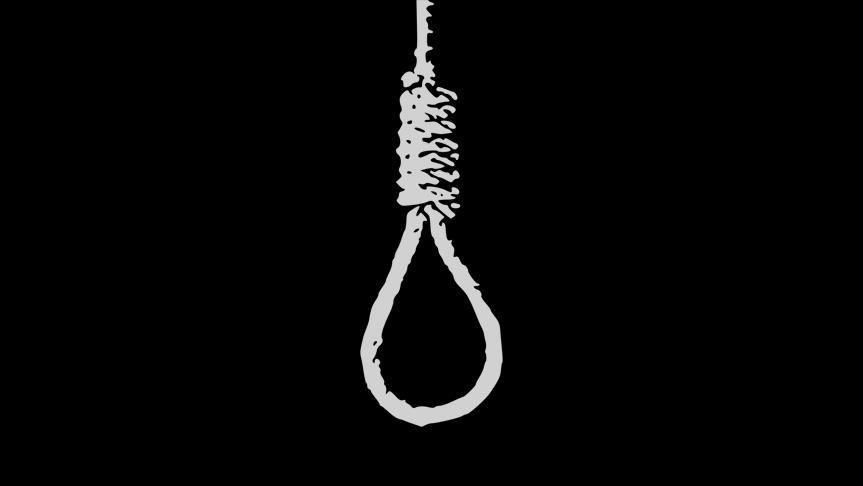417 Ghanaians attempted suicide between January and June this year - Report
)
According to the Authority, this figure is just a preliminary one as the actual numbers could be higher.
In a press release to commemorate "Suicide Prevention Day", it said suicide is phenomenon that is no respecter of persons, gender or age.
“This unfortunate behaviour is not peculiar to a particular age group, sex, profession but occurs across all the social classes and demographic variables. One person dying by suicide is disturbing and these suicide figures are painfully far too high. There must be a concerted effort to end this phenomenon.”
“These are warning signs that we must all be familiar with. Indeed, these signs are a means of communicating to every other person that they would really appreciate some help to prevent them from killing themselves."
“These are easy simple notifiable warning signs that signify a cry for help, and we must promptly act to help,” the statement added.
In 2018, the number of people who attempted suicide was 797. The numbers increased to 880 in 2019. However, it dropped to 777 in 2020.
To be able to save the lives of many who decide to take their own lives, major signs to look out for, the Authority noted include openly expressing the intention to kill oneself, withdrawal from family, friends, and society, expressing no sense of purpose in life, no point in living, painting, writing, and talking about death, dying or suicide.
The Authority argues that such actions worsen the plight of the individual who has been unable to get the needed support from society.

“Simply put, these individuals have cried for help, we failed them. They took action to kill themselves and equally failed to kill themselves. Must we punish them when they had cried for help? Definitely not! But our current law criminalises suicide. They do not deserve punishment but simply need psychological support. Punishment worsens their plight and prevents them from being useful members of their community.
“However, there is enough evidence to show that psychological support can make them, once again, useful, and valuable members to their communities.”
)
)
)
)
)
)
)
)
)
)
)
)
)
)
)
)